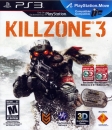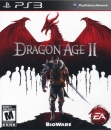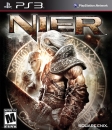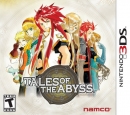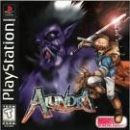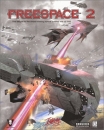Scoobes said:
Just a comment on a few of the plot holes you mentioned: 1. Supernova's (whilst huge) aren't that big and there aren't that many mass relays. There would be plenty of life left after the destruction of all the mass relays. 2. The Normandy suddenly appearing in FTL with members of the crew (including those that were down on Earth) points to a gap in time that I think will probably be filled with the DLC. As it stands, it seems pretty random, although I'd guess it was trying to outrun a mass relay explosion... but yeah... 3. The reasoning the Catalyst gave was to prevent further chaos a complete and all out war would bring. My understanding was that in a 50,000 year cycle organics become too advanced and will lead to a completely chaotic situation whereby organics and synthetics battle continously for millenia. This is heavily hinted towards by the Geth and Javik's complete distrust of synthetic life. The Reapers pupose is to massacre advanced organics, not battle them in war. Anyway, the fact that Shephard made it into that room in the Citadel showed the Catalyst that the organics of this cycle had advanced to a point where the Reapers were now redundant and wouldn't be able to prevent the chaos they were originally designed to. This of course leaves more questions as to the nature of the Catalyst. |
the catalyst thought that synthetics and organics would fight, but as shepard shown by bringing an end to the quarian and geth war that organics and synthetics can live with peace. So it makes no sense that shepard started to agree with the catalyst, and the fact that bioware puts proof in the game that synteTtics and organics can live together this whole origin of the reapers and the god child was just put in so we can have choice A B and C and that horrible ending.
Being in 3rd place never felt so good






















